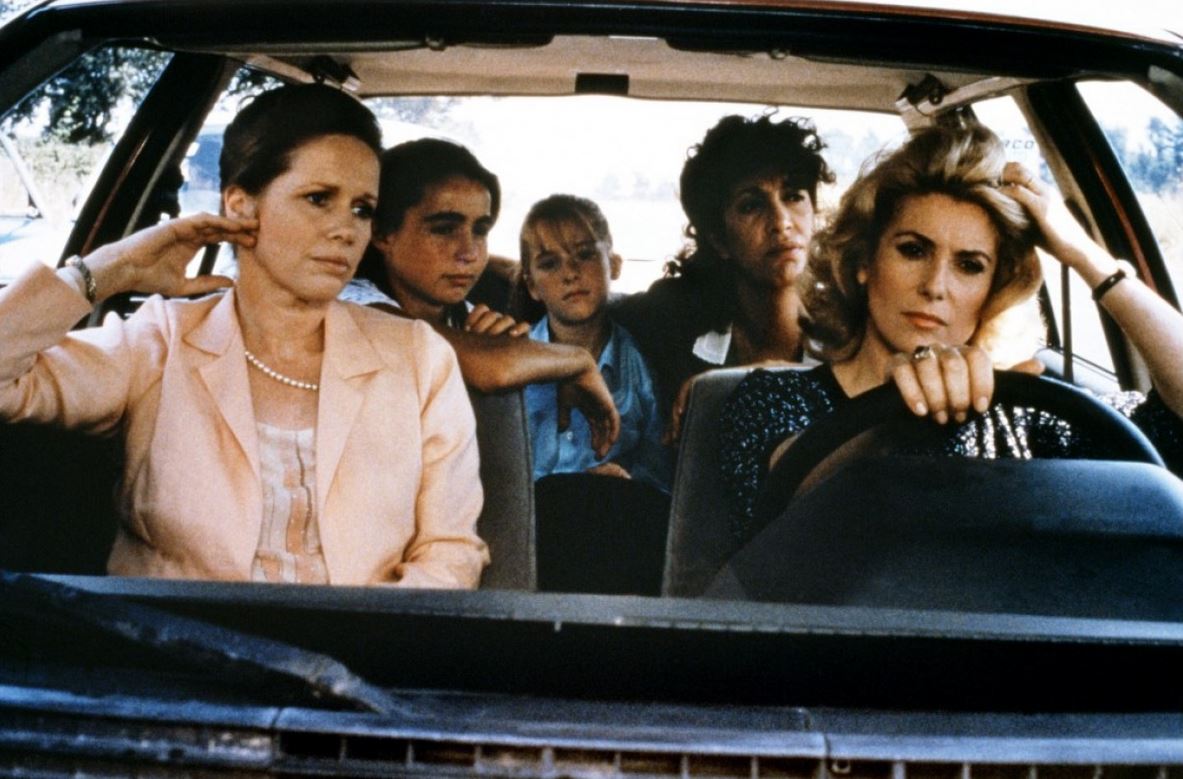In the landscape of Italian cinema of the 1980s, Speriamo che sia femmina shines as a precious gem. Directed by Mario Monicelli, the 1986 film delicately and humorously tackles family dynamics and the challenges of love against the fascinating and picturesque backdrop of Tuscany.
Tuscan Setting: A Charming Backdrop
Tuscany, with its breathtaking landscapes, rolling vineyards, and art-filled cities steeped in history, becomes a character in its own right in the film. The cinematography is infused with a warm, enveloping light that captures the welcoming and vibrant spirit of the region. From the winding alleys of Florence to the Chianti hills, each scene is immersed in the unique atmosphere of Tuscany, adding depth and authenticity to the narrative.
Plot and Characters: An Interweaving of Relationships and Secrets
At the heart of the story lies the Montorsi family, composed of three generations with their own hopes, desires, and secrets. The patriarch, masterfully portrayed by Alberto Sordi, embodies the essence of Italian tradition, with his eccentricities and attachment to social conventions.
The plot revolves around Angela’s pregnancy, played by Liv Ullmann. A mature woman expecting a child from Carlo, played by Bernard Blier, the husband of Giulia, played by Catherine Deneuve. This love triangle creates tensions and conflicts within the family, while simultaneously revealing the desires and insecurities of each character.
Universal Themes: Love, Family, and Identity
“Speriamo che sia femmina” addresses universal themes such as love, family, and identity with sensitivity and humor. Angela’s pregnancy becomes the catalyst to explore the complex relationships between the characters, highlighting generational conflicts and social expectations.
The search for personal identity and the confrontation between tradition and change emerge as central themes of the narrative. Tuscany, with its rich history and rooted traditions, becomes the perfect backdrop to explore the tension between the old and the new, conservatism and individual freedom.
Social Critique and Irony
As often happens in Monicelli’s films, “Speriamo che sia femmina” skillfully blends comedy with social critique. Through comedic situations and witty dialogue, the director questions social conventions and gender roles. Thus offering a sharp and entertaining look at Italian society of the time.
Cultural Heritage and Lasting Impact
Despite being released over thirty years ago, Speriamo che sia femmina continues to enjoy a loyal following. Its ability to touch universal emotional chords and address complex themes with lightness and irony makes it a timeless classic.
In conclusion, Speriamo che sia femmina shines as a jewel of Italian cinema, offering an affectionate and lighthearted glimpse into family life and love. Set against the beautiful backdrop of Tuscany, Monicelli’s film continues to enchant and inspire audiences of every generation, reaffirming its status as an indelible masterpiece of the seventh art.
Watch the full movie on www.movieitalyplus.com or watch the clips on www.visititalywithmovies.com
Read more article here!






